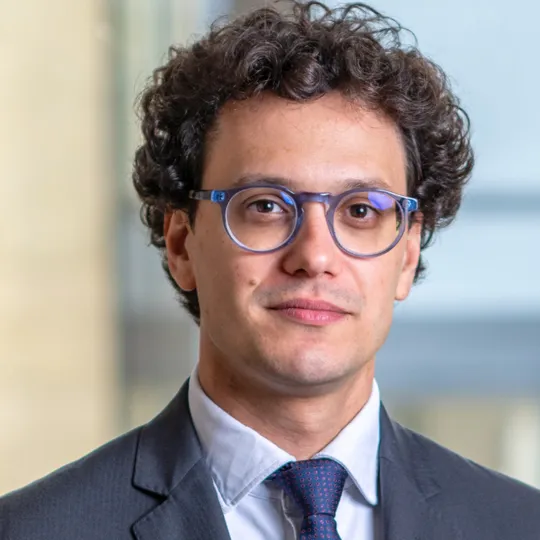Please note: this event has passed
Keeping safe at King’s
Please note, this event is taking place in person and will be following the latest Coronavirus guidance. You can find King’s latest COVID-19 guidance on Keeping King’s Safe Together.”
The Amazon rainforest has continental proportions. It is the world's largest tropical forest with 6.7 million square kilometres distributed across nine countries—Brazil, Bolivia, Colombia, Ecuador, French Guyana, Guyana, Peru, Venezuela, and Suriname. It is also home to more than 35 million people, including hundreds of Indigenous people. The region's biodiversity has global importance. It hosts 10% of all plant and animal species known to Earth, 20% of freshwater and has a critical role in the global carbon cycle and climate change, storing more than 100 billion metric tons of carbon.
These factors give the region a chief geopolitical to both Amazonian states and those whose states are affected by climate change. Hence, global climate governance, international cooperation, and regional governance play a central role in preventing future conflicts or violations of national sovereignty.
About 61.9% of the Amazon Basin is inside Brazil, representing 58,9% of its territory. Lately, the area has been back in the international spotlight due to increasing deforestation rates in the last few years. According to the Brazilian National Institute for Space Research (Instituto Nacional de Pesquisas Espaciais – INPE), deforestation in the Brazilian Amazon Basin declined from 2004 to 2012. However, since 2013, the trend has reversed, and the deforestation rates have returned to grow.
During COP-26, Brazil joined another 140 countries in a pledge to "halt and reverse forest loss and land degradation by 2030 while delivering sustainable development and promoting an inclusive rural transformation". In the case of Brazil and the Amazon Rainforest, the country will need to develop policies to tackle the environmental aspects of deforestation simultaneously, comprising social, economic and security issues.
Brazil is an irrevocably relevant actor in any regional or global discussion regarding solutions for climate change. In the context of the country’s independence bicentenary—celebrated on September 7th, 2022—this panel discusses the future of the green economy, sovereignty, and cooperation in the Amazon region. Our goal is to present multidimensional perspectives to sustainability policies, international cooperation, national security, and sovereignty in the Amazon region.
The panel will address a few of these questions, such as:
- What are the main contemporary challenges for environmental and climate policies to the Amazon region?
- How to reverse current deforestation trends and preserve the cultures of native populations?
- How can Brazil and the international community balance cooperation and sovereignty in the Amazon region?
- How can regional organisations, such as the Amazon Cooperation Treaty Organization, contribute to mitigating deforestation and enhancing environmental security?
Panel
- Ana Yang - Chatham House
- Sergio Etchegoyen - Sovereignty and Climate Center
- Richard Milburn - King’s College London
- Moderator Hillary Briffa – King's College London
Event details
River RoomStrand Building
Strand Campus, Strand, London, WC2R 2LS

